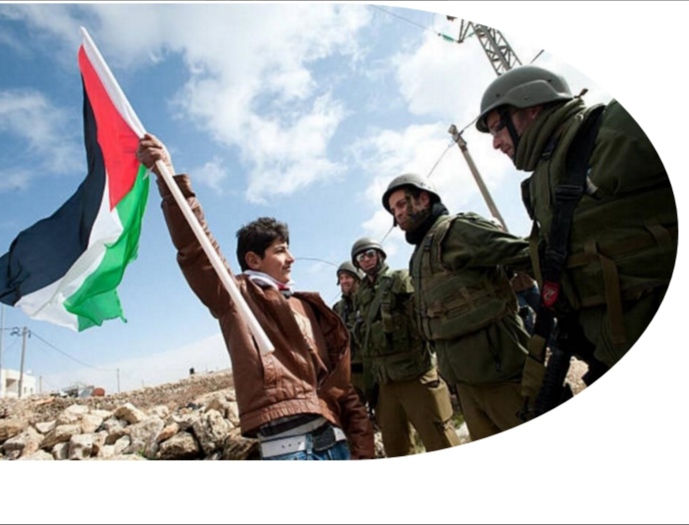Unlocking the Doors to Peace Innovative Approaches to the Israeli-Palestinian Conflict
Dr. Muhammad Shahzad Ashfaq
Postdoctoral Fellow
International Islamic University Islamabad, Pakistan
The Israeli-Palestinian conflict is one of the most prolonged and engrained conflicts in the world with roots dating back to the late 19th century. The conflict is characterized by deep historical, religious and territorial disputes that have resulted in decades of violence, bloodshed or suffering for both Israelis and Palestinians. The search for a peaceful resolution to the conflict has been elusive, with many attempts at negotiation and mediation failing to produce a lasting and sustainable peace agreement. However, despite the seemingly insurmountable obstacles to peace, there are innovative approaches that could potentially unlock the doors to peace in the Israeli-Palestinian conflict. These approaches involve thinking outside of the box, seeking alternative pathways to peace, and engaging in new ways of dialogue or cooperation between Israelis and Palestinians. One innovative approach to the Israeli-Palestinian conflict is the concept of two independent states. Rather than maintaining the current single-nation solution, which predicts a separate Palestinian state alongside Israel, will involve the creation of a single democratic state that would involve both Israeli and Palestinian territories. Peacemaking in the Israeli-Palestinian conflict is the concept of “Track II diplomacy.” This involves engaging with non-governmental actors, such as civil society organizations, religious leaders, and academics to resolve the conflict. These people working outside of the traditional diplomatic channels track II diplomacy will create new opportunities for dialogue and collaboration, helping to generate creative solutions to the deep-rooted issues that have plagued the peace process. Track II diplomacy, and technological tools, it possible to break down the barriers of fear and mistrust that have long divided Israelis and Palestinians, paving the way for a more peaceful environment for both peoples.
This approach would emphasize equality, mutual recognition, and integration between Israelis and Palestinians, rather than maintaining one-nation identities and boundaries. These initiatives like people-to-people programs have shown promise in building bridges between Israelis and Palestinians and fostering understanding and cooperation. These individuals are involved with civil society organizations working together on projects that promote dialogue, reconciliation, and mutual understanding between Israelis and Palestinians. People engaging in both states Israelis and Palestinians will build personal relationships, break down stereotypes and create opportunities for collaboration or peace building.
The conflict (Israeli-Palestinian) has been a longstanding issue that has plagued the Middle East for decades. The hostility and violence between the two sides have resulted in countless deaths, destroyed homes, and hindered any prospects for peace in the region. Innovative approaches to the Israeli-Palestinian conflict also involve addressing the underlying causes of the conflict, including issues of inequality, discrimination, and injustice. By promoting social and economic equality, and addressing the grievances of both Israelis and Palestinians, a more just and sustainable peace will be achieved. These innovative approaches will involve addressing issues such as land rights, water rights and refugee rights, working towards a more equitable distribution of resources and opportunities for both Israelis and Palestinians. Social media platforms and online communication tools will used to facilitate dialogue between Israelis and Palestinians, allowing for the exchange of ideas and perspectives in a safe and controlled environment. Virtual reality technology will used to create immersive experiences that foster empathy and understanding between the two sides.
By leveraging international support, grassroots movements and a commitment to dialogue and cooperation, it is possible to overcome these challenges and pave the way for lasting peace in the region. Unlocking the doors to peace in the Israeli-Palestinian conflict will require innovative thinking, bold initiatives, and a willingness to explore new pathways to reconciliation and cooperation. Embracing sovereignty, economic interdependence, cultural exchange, and technology, there is a real opportunity to break the cycle of violence and build a future based on peace and coexistence. This conflict requires bold and innovative approaches that challenge the status quo to promote cooperation and understanding. While the road to peace may be long and difficult, both sides must continue to seek innovative solutions and build a brighter future for generations to come. It is time for all stakeholders to come together and embrace these innovative approaches will finally put an end to this long-standing conflict.


